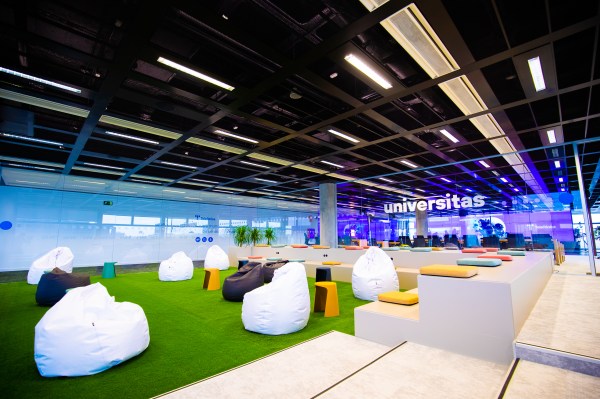Whether you are looking for a job or hoping for internal promotion, there are a number of soft and hard skills that may be required for career development.
Some are innate and others must be learnt.
Let’s look at what hard skills and soft skills consist of and how they differ.
Hard skills: what they are
Hard skills are those that, due to their technical nature or the accumulation of certain specific knowledge, are used for the development of a specific professional task.
They are usually acquired through specific training, formal education or accumulated professional experience.
They could be summarised as the basis on which to support experience in a particular field of work.
Issues such as knowledge and/or fluency in languages, the ability to programme, to carry out data analysis or expertise with technologies such as artificial intelligence or the cloud are specific examples of hard skills.
The combination of these hard skills together with the soft skills – which we will analyse next – makes up the professional profile.
What are soft skills
Soft skills are those that a person has innately, although experience acquired over time or relationships with other people can modify or refine them.
They are increasingly important in the workplace as their relevance goes beyond the job, sector or responsibilities, which is why they are in high demand by companies.
Although it is true that some soft skills can be improved, more often than not experience or interaction helps them to be honed or enhanced.
Communication skills, empathy, teamwork and creativity are some examples of soft skills.
Differences between hard and soft skills
As we mentioned at the beginning of this article, hard skills refer to the technical abilities that a person may have acquired, while soft skills are those personal professional abilities.
Starting with the latter, we could summarise them as abilities acquired through personal development, learning or experience and linked to attitudes, relationships with other people or one’s own personality.
On the other hand, hard skills can be measured and learned through different means such as training, education or work experience.
This is precisely where the difference between these two concepts lies: one can be acquired in a specific way through training often linked to the use of tools, machines or software.
And the other, although it is true that it can be modulated over time, is considered more as a personality trait that evolves throughout life.
Sometimes, soft skills can be more relevant because they are almost innate characteristics. And the fact is that hard skills – because they are ‘acquireable’ – can make it easier to find specific profiles by narrowing down the technical characteristics that the position requires.
Another difference is that hard skills can be considered objective as they are standard qualifications required by companies or organisations. On the other hand, soft skills are more subjective as they vary depending on the aspirations of the people you work with or the company culture.
It is precisely qualifications that are another of the differences between these two concepts: hard skills have certifications from institutions such as universities, academies or schools, while soft skills lack specific qualifications that can accredit them.












